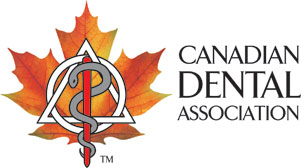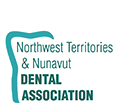PREAMBLE
The CDA Principles of Ethics define the fundamental commitments that guide a dentist’s ethical practice and to which the dental profession aspires. It forms the foundation of a dentist’s professional responsibilities to his or her patient, to society, to the profession, and to him or herself.
For those entering the profession, these principles identify the basic moral commitments of dentistry and serves as a source for education and reflection. For those within the profession, these principles provide direction for ethical practice and serves as a basis for self-evaluation.
The privilege of dentists to be accorded professional status, including the privilege of self-regulation, rests primarily in the knowledge, skills, and experience with which dentists serve their patients and society. To achieve this privilege, there is an obligation to provide explicit articulation of the profession’s expectations of its members to society at large.
TRUST
Trust is the cornerstone of the dentist-patient relationship and the contract between the dental profession and society.
Honesty
Be truthful; behave in a trustworthy manner by furthering the patient’s well-being and acting with moral concern to achieve a good outcome.
Competence
Be competent; provide treatment in accordance with your level of clinical expertise, within currently accepted professional standards and evidence-based practice, and keep your knowledge and skills of dentistry contemporary.
Fairness
Be fair; treat all individuals, patients, and colleagues fairly, and practice in a just and equitable manner.
Accountability
Be accountable; take responsibility for your actions, decisions, judgment and professional competence and act, first and foremost, for the benefit of, and in service to, the health of patients and the community.
HEALTH
Achieving health is the primary objective of dentistry.
Respect for autonomy
Respect the patient’s right to choose; patients have the right to be fully informed and make choices for, and actively participate in, their care and pursue their personal values, beliefs and goals in achieving their optimal oral health.
Duty to care
Provide care to, and promote the well-being of, all members of society; promote fair and reasonable access to quality oral health care without prejudice or discrimination, always regarding the patient as worthy of treatment.
Prevention
Prevent disease by encouraging healthful behaviour in individuals and society; promote health by addressing the broader contexts in which disease occurs.
CDA Board of Directors
Approved: June 2015











